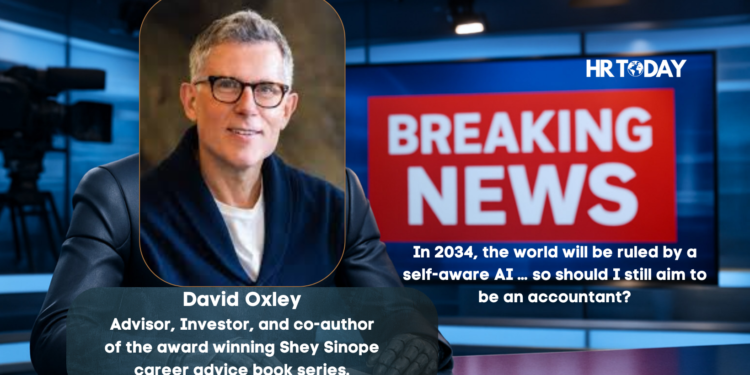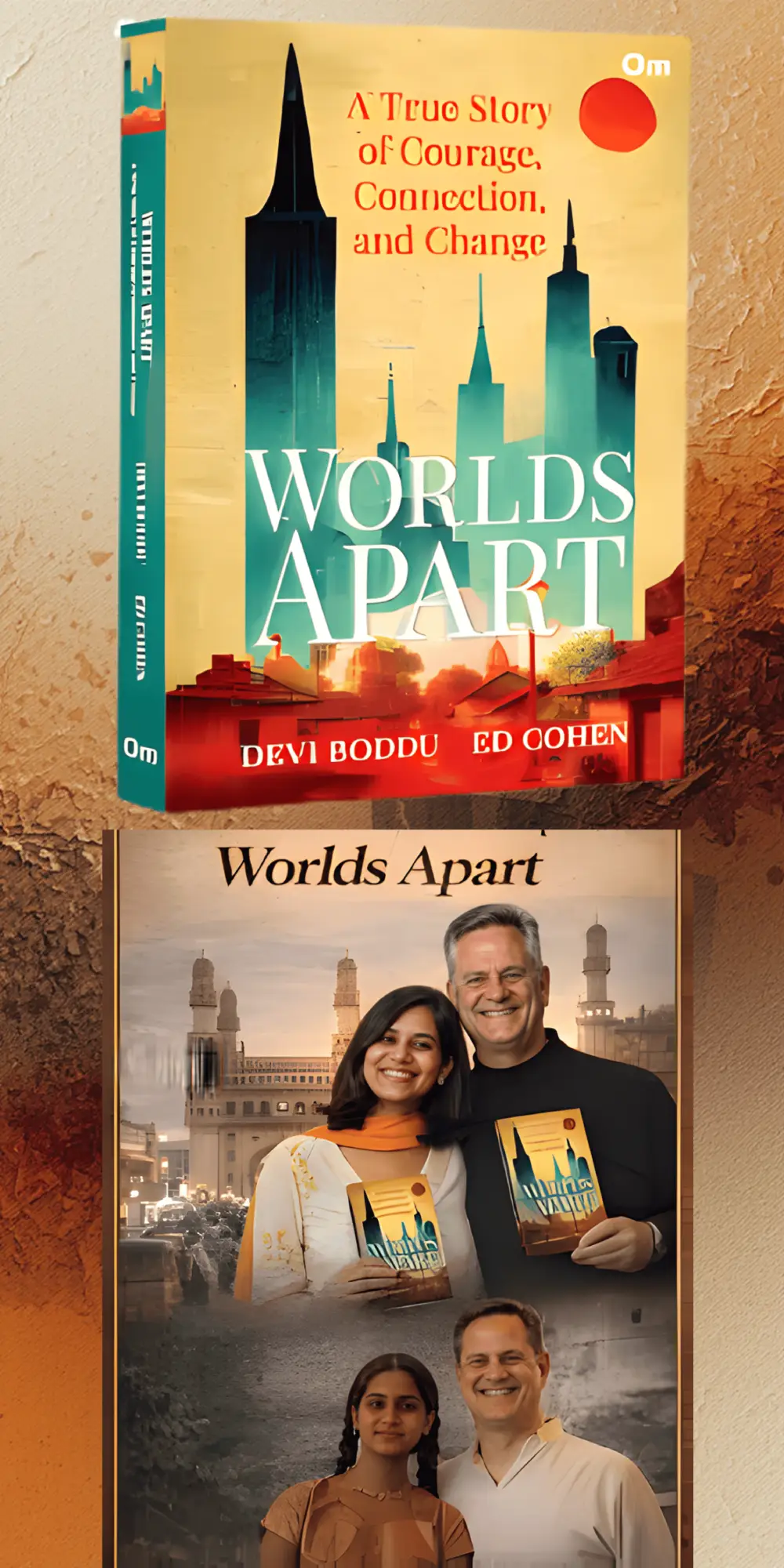My dear friend and writing collaborator, Dr Helmut Schuster, makes the case for a more gradual evolution of careers. The ‘go gentle into the night’ perspective. I think this is a mistake. There is grave danger of encouraging complacency when the facts, I argue, point to something far more of an existential threat.
We sit at a crossroads in human history. On the verge of a new era. On the precipice of a new epoch. Artificial intelligence (AI) is not just another incremental improvement in technology. It represents something far more consequential.
Let’s look at the facts
In 2023, the Office for National Statistics reported a third of adults in the UK feared they might be in imminent threat of losing their jobs. People in administrative, sales, and customer service jobs felt most vulnerable, with 43% fearing redundancy within months. These concerns are fuelled by high-profile and well-reported projections from Goldman Sachs and McKinsey that AI has the potential to eliminate more than 300 million jobs by 2030.
It should be no surprise that studies have found that over 90% of us currently believe AI to be an existential threat to our way of life.
Of course, levels of job insecurity are also influenced by ‘normal’ economic cycles. Major economies around the world are dealing with the consequences of, among other things, the effects of the COVID-19 pandemic, globally significant armed conflicts, the rise of popularist isolationism (and trade wars), along with the lingering cost of the great financial crisis and the urgent need to find more sustainable sources of energy. All these factors, to use economist terms, influence the short- and long-term demand/supply curve of career opportunities.
However, AI sets itself apart. The danger is that we persuade ourselves not to treat it as the distinctive threat it represents. Consider, for example, what Sundar Pichai, Google’s CEO, said in 2018, “AI is one of the most important things humanity is working on. It’s more profound than, I dunno, electricity or fire.”

Heads in the sand
Of course, many of us have grown up on a steady diet of technophobia fearmongering. Science fiction stories of errant robots and evil software. From HAL in 2001: Space Odyssey to Skynet in Terminator, we have consumed a steady diet of scary stories that pit humans against technology. The problem with this is it perversely makes us complacent. We feel like we’ve seen it all before. Inevitably, a danger is averted by a hero, a Mission Impossible moment.
In real life, this is not how things work. There is no 11th hour savour. No last-minute negotiation to avert a crisis. No benevolent power that takes pity on our own personal plight.
And yet, many of us faced with these inescapable facts simply bury our heads in the sand. What is it that possesses us to read the following: AI is automating more and more knowledge worker jobs, over the space of the next 10 years, many traditional vocations from journalism through HR to finance and accountancy, will be decimated… and conclude the best action is to keep our heads down and hope it doesn’t impact us?
This feels like Dodo behaviour. The woolly mammoths watching the polar ice caps retreating thinking ‘no matter, we’ll just keep heading north’. There is a brilliant, darkly funny book by Wendy Northcutt called The Darwin Awards: 180 Bizarre True Stories of How Dumb Humans Have Met Their Maker. Surely, a more sensible goal is for us to avoid becoming number 181 if we can.
Listening to our Darwinian Alarm Clocks
The reports of our collective anxiety about AI is a good thing. It is part of our built-in protective system. Our biological adaptation alarm clock, signalling loudly that it is time to wake up and take notice. What we sometimes refer to as the ‘fight or flight’ instinct, creating the required urgent insecurity that prompts action. Researchers have referred to this as our ‘survival optimization system’.
So, what’s stopping us?
Well, if change were easy…. everyone would do it! Evolution is a selective process.
The truth is we struggle to choose change even in the face of obsolescence
The consensus is that somewhere between 50% and 90% of us struggle to adapt to necessary change. PWC found that 63% of CEOs said their employees were unwilling or unable to adopt new systems. In the same survey, 44% of employees did not even acknowledge the importance of adaptation and continuous learning. And of those of us that do recognize the need to learn something new, apparently only 50% of us make progress toward that goal. Then, as reported by McKinsey, there is the depressing statistic that 70% of large scale organizational transformation programmes fail, with employee apathy a major factor. And, to emphasize just how difficult we as individuals find changing behaviours even in the face of indisputable evidence of dire consequences, consider the startling fact that only 4% of people who suffered a near fatal heart attack were able to maintain the necessary changes in lifestyle (diet, exercise, etc.) required to prevent a repeat.
So how do we ensure we aren’t the Dodo among Chameleons. The Betamax among the VHS. The lone bank teller in a world of ATMs. The statistic that proves the point.

Making your career future ready
This special edition HR Today is dedicated to addressing this question. Of course, making predictions about the future is fraught with difficulty. We can all point to the famous missteps. Charles Duell, of the US patents office, in 1899 predicted “everything that can be invented has been!” In 1906, composer John Philip Sousa predicted recorded music would lead to us forgetting how it was made, and in 1922, eminent English lawyer FE Smith predicted we would all live to be 150.
Today, the predictions can be equally outlandish. The NYTimes recently ran an article where various public figures predicted a Chinese take-over of the internet, population and environmental disasters, and, of course, the recurrent theme of a sentient AI.
There is a long history of fanciful future predictions that fascinate us. Research suggests we are drawn to these to feel more in control of the unknowable. We collectively feel anxious about change, particularly things beyond our control, so we are drawn to these prognostications. However far-fetched they may be, they allow us to either laugh or sigh in resignation.
And this is another reason why many of us dismiss inconvenient facts. Attempts to distil and accurately predict their consequences have eluded us. Consequently, we reason, fallaciously, “well I still don’t see any flying cars, moon cities, or people living consistently beyond 100 years, so it must all be a big hoax.”
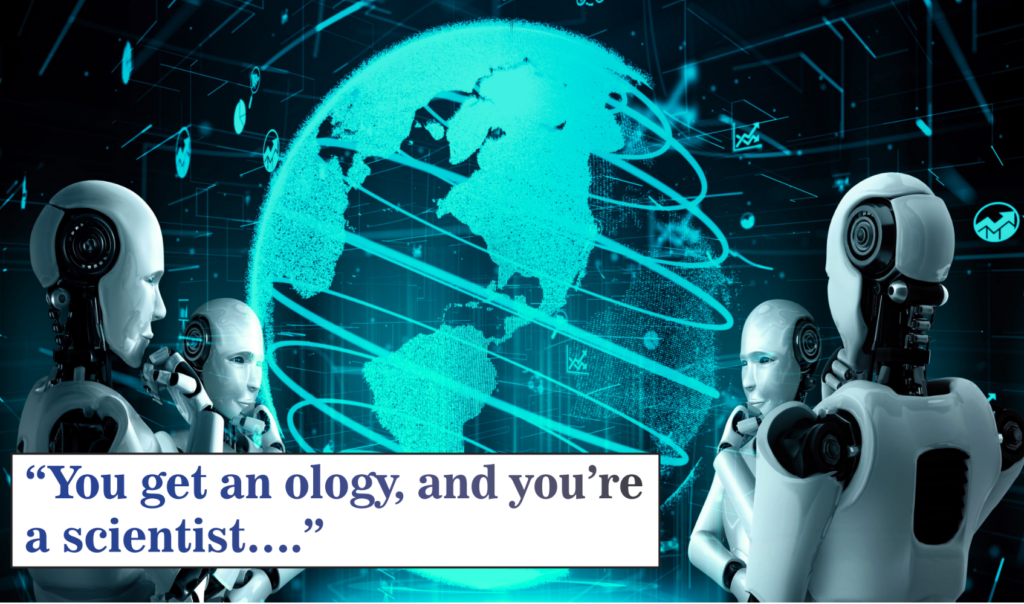
“You get an ology and you’re a scientist….”
Of course, you will see the problem in this thinking. Just because our imaginations struggle to predict the consequences of Turing Machines, the personal computer, the internet, the iPhone, or social media, doesn’t mean that they don’t radically reshape our lives.
If you grew up in the UK, you will remember Maureen Lipman’s iconic BT advertisement. She played the role of a dotting grandmother attempting to cheer her grandson after less than stellar GCSE results. The ad encapsulates how we lose objectivity when attempting to champion, protect, and guide our children. We have both worked in India, where all the families we knew told their children they could choose any career they wanted… so long as it was Engineer, Doctor, or Accountant.
Our ambition for our children is based on our own career experiences, along with judgments about what constitutes a respected profession, and we transpose these into vicarious shorthand pronouncements. Every generation stretches to help their children reach further. It’s starts with providing a better environment, expands to include better education, and ultimately flows into our advice about professional goals.
Our intentions are good. However, our views have been shaped by our accumulated lived experiences. We look backward at our own careers and think about how we might have done better. We think about people we know who have ‘done well for themselves.’ And about professions that society, the media, present to us today as respectable, well paid, or revered.
The trouble is this approach is overly nostalgic, sentimental, and just plain wrong.
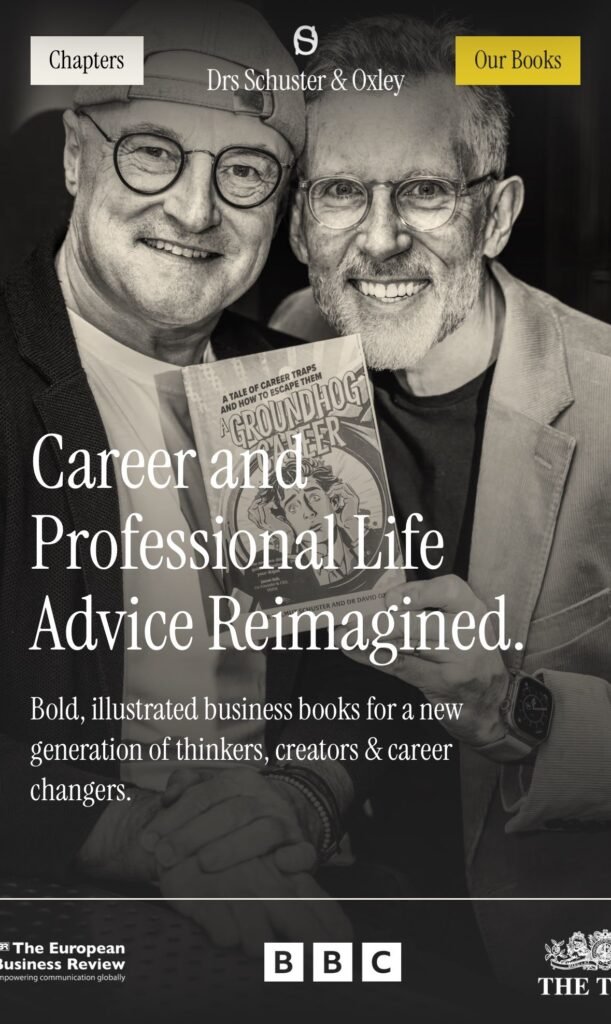
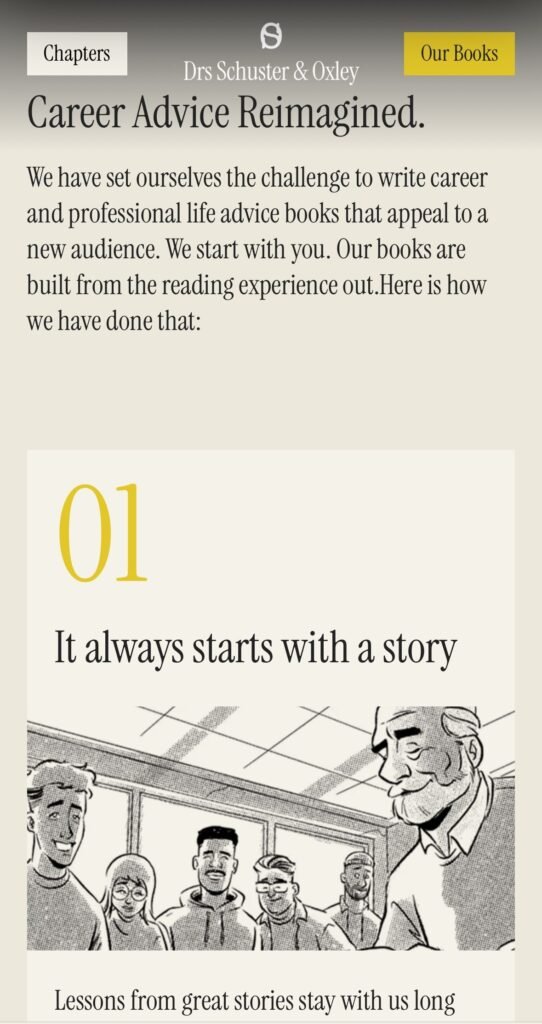
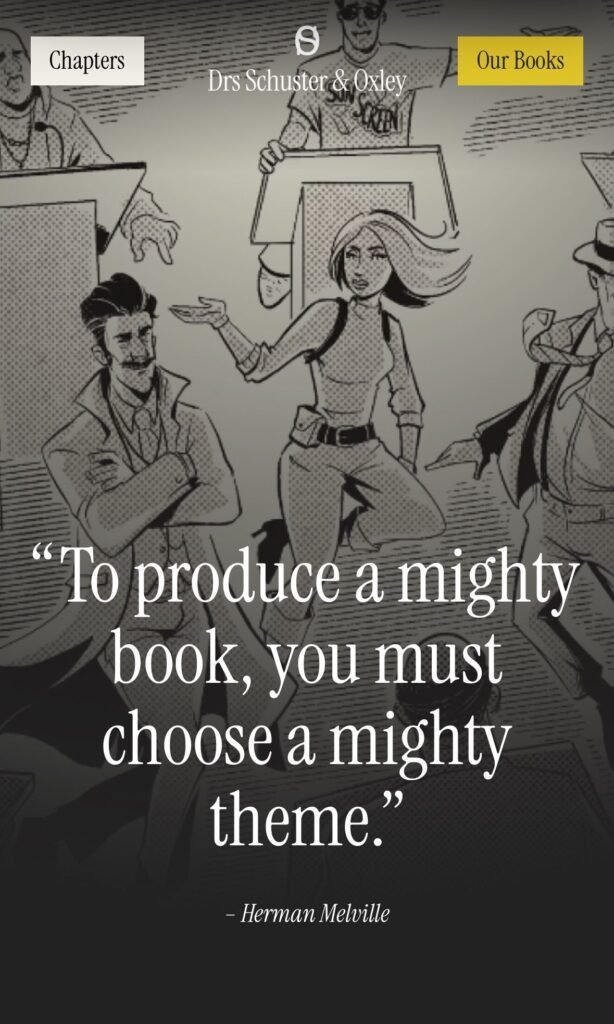
A Tale of Career Traps and How to Escape Them
People will always need plates… until they don’t!
Our challenge as parents, teachers, mentors is to challenge our stock biases before imparting career advice. Obviously, it is easier to rely on backward looking information. Accountants and lawyers have historically been respected professions. Bankers have typically been paid very well. Doctors and teachers remain the very foundation of our society. Engineers, as they say, make the world go round, after they have taken it apart a couple of times to figure out how it works.
However, if we limit our career advice only to how professions appear today, we may do those we care about a grave mis-service. We don’t want to be the equivalent of the parents in the 1970s who encouraged their kids to get a job in the post office saying people will always mail letters, or the 1980s recommending the travel agent sector, or the 1990s established media and television.
Things change. Technology creates waves of disruption and re-invention. Society falls in and out of love with different perspectives on what constitute desirable jobs. And this is not a normal time. As I mentioned earlier, we live at the nexus of some extraordinary events. AI represents an extraordinary, once in a lifetime inflection point.
Knowledge based professions face not just reshaping but extinction. Why do you need a lawyer when AI will give you better, faster, cheaper advice? Why consult an HR professional if you have employment law, productivity and psychology advice as a disembodied voice on your phone? Even bankers and traders. Traditionally very well paid and sought after professions. Why trust a human to make decisions about analysing data and making diagnoses or investment decisions? Surely these will be replaced by AI… within 10 years.
Understanding how careers are being transformed.
You need to appreciate differing perspectives on the future of careers. Understand a spectrum of views, observations, opinions, and form your own considered position.
However, let me close by posing some questions for you to contemplate as you prepare for your career:
1 – What is more likely: will the pond in which engineers, doctors, lawyers, and HR professionals swim get smaller. Will a new pond of technology enabled entrepreneurs and aggregators become a giant new ocean?
2 – Who will win: are the skills we will need to succeed over the next 20 years, things you learn by going to a traditional 4 -year college and memorising formulas… or digital apprenticeships earned be getting out in the business world and experimenting with new services and ways of aggregating information to solve problems?
3 – Democratization of careers: in 1980 there were less than 500 million with access to dial up internet. Today there are 5 billion with broadband access (augmented with AI). What does this mean for professions that have previously relied on protected pockets of knowledge?
4 – One professions demise is another’s opportunity: Clinging to vocations and professions in decline just because they are familiar and comforting misses the opportunity of first mover leapfrogging. In business we often talk about how technology allows some economies/businesses to ‘leapfrog’ legacy systems…. Why shouldn’t we think this way in careers?
Read Also:
Career Agility Is the New Currency
Culture, Leadership, Empowerment, Agility and Evolution of HR
Reimagining the Experience Ecosystem
